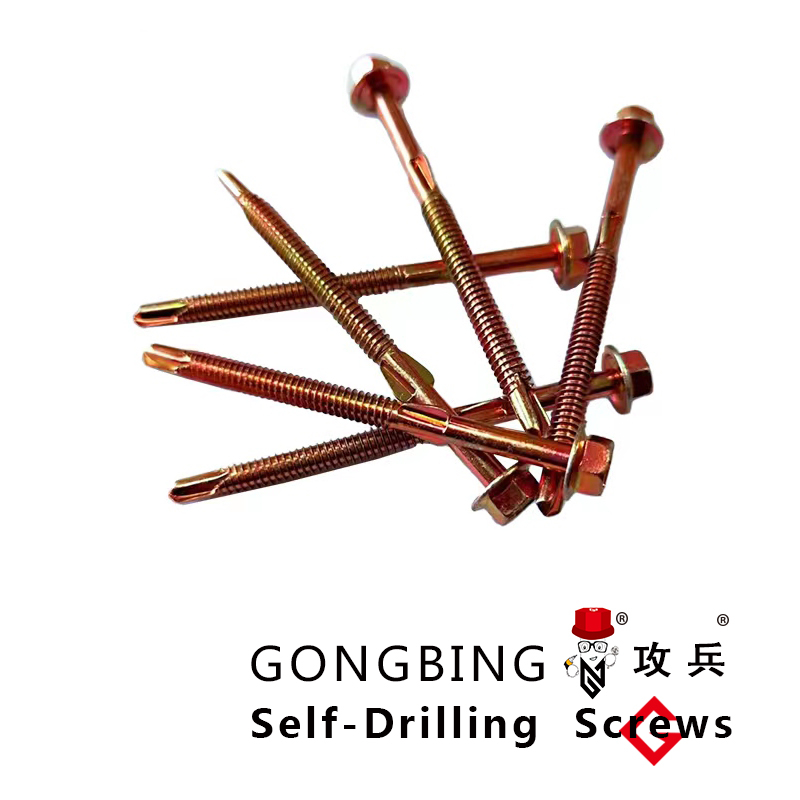Exploring the Benefits and Applications of Wedge Bolts in Construction and Engineering
Understanding the Wedge Bolt An Essential Component in Modern Engineering
In the world of engineering and construction, the importance of each component cannot be overstated. Among these components, the wedge bolt stands out due to its unique design and multifunctional uses. This article will delve into what a wedge bolt is, its applications, advantages, and why it is a crucial element in various engineering fields.
What is a Wedge Bolt?
A wedge bolt, as its name suggests, is a type of fastener characterized by its tapered shape. This design allows the bolt to create a wedging effect when tightened, thereby increasing its grip and stability within the materials it fastens. Wedge bolts are typically made from high-strength materials like steel or alloy, ensuring they can withstand significant loads and stresses.
The basic structure of a wedge bolt consists of a threaded shaft, a tapered end, and sometimes a head for easier handling or a specialized installation tool. The tapering at one end is key to its functionality, allowing for a secure fit as it turns and pulls into the material. This design feature makes wedge bolts particularly useful in applications where high tension or shear loads are present.
Applications of Wedge Bolts
Wedge bolts are widely used across various industries, including construction, automotive, and aerospace. In construction, they are often employed in structural applications where beams, columns, and trusses need to be securely joined. This is essential for ensuring the integrity and safety of buildings and structures.
In the automotive industry, wedge bolts play a critical role in securing parts of vehicles, including suspension systems and engines. Their ability to maintain a strong hold under vibration and weight makes them ideal for this purpose.
wedge bolt

Additionally, wedge bolts are used in the assembly of machinery and equipment, where precision and reliability are paramount. They are often chosen for applications where regular adjustments or maintenance may be necessary, thanks to their ease of installation and removal.
Advantages of Wedge Bolts
One of the primary advantages of wedge bolts is their superior holding power. Due to their tapered design, they can provide an exceptionally tight fit, reducing the risk of loosening over time. This feature is crucial in applications where safety is a concern, such as in bridges or high-rise buildings.
Another benefit is their versatility. Wedge bolts can be used in various materials, including wood, metal, and concrete, making them a go-to solution for engineers and builders facing diverse challenges. Their ability to facilitate connections in both temporary and permanent installations further enhances their appeal.
Furthermore, wedge bolts are resilient against environmental factors. Many are treated with corrosion-resistant coatings, making them suitable for outdoor applications where exposure to moisture and harsh weather conditions is a concern.
Conclusion
In conclusion, wedge bolts are integral to modern engineering and construction practices. Their innovative design, coupled with their versatility and robustness, makes them a preferred choice for many applications across various industries. As engineering challenges continue to evolve, the demand for reliable components like wedge bolts is likely to grow. Recognizing their importance not only enhances our understanding of construction and manufacturing processes but also underscores the vital role that precise engineering plays in our daily lives. Whether in building skyscrapers or assembling vehicles, wedge bolts remain a cornerstone of structural integrity and safety.
-
Weatherproof Plastic Expansion Anchors for OutdoorחֲדָשׁוֹתJun.06,2025
-
Sustainability in the Supply Chain: Eco-Friendly TEK Screws ProductionחֲדָשׁוֹתJun.06,2025
-
Load-Bearing Capacity of External Insulation FixingsחֲדָשׁוֹתJun.06,2025
-
Double Head Bolts: Enhancing Efficiency in Industrial MachineryחֲדָשׁוֹתJun.06,2025
-
Corrosion Resistance in Chipboard Screws: Coatings for Wholesale DurabilityחֲדָשׁוֹתJun.06,2025
-
Butterfly Toggle Bolts : Enhancing Structural ResilienceחֲדָשׁוֹתJun.06,2025
